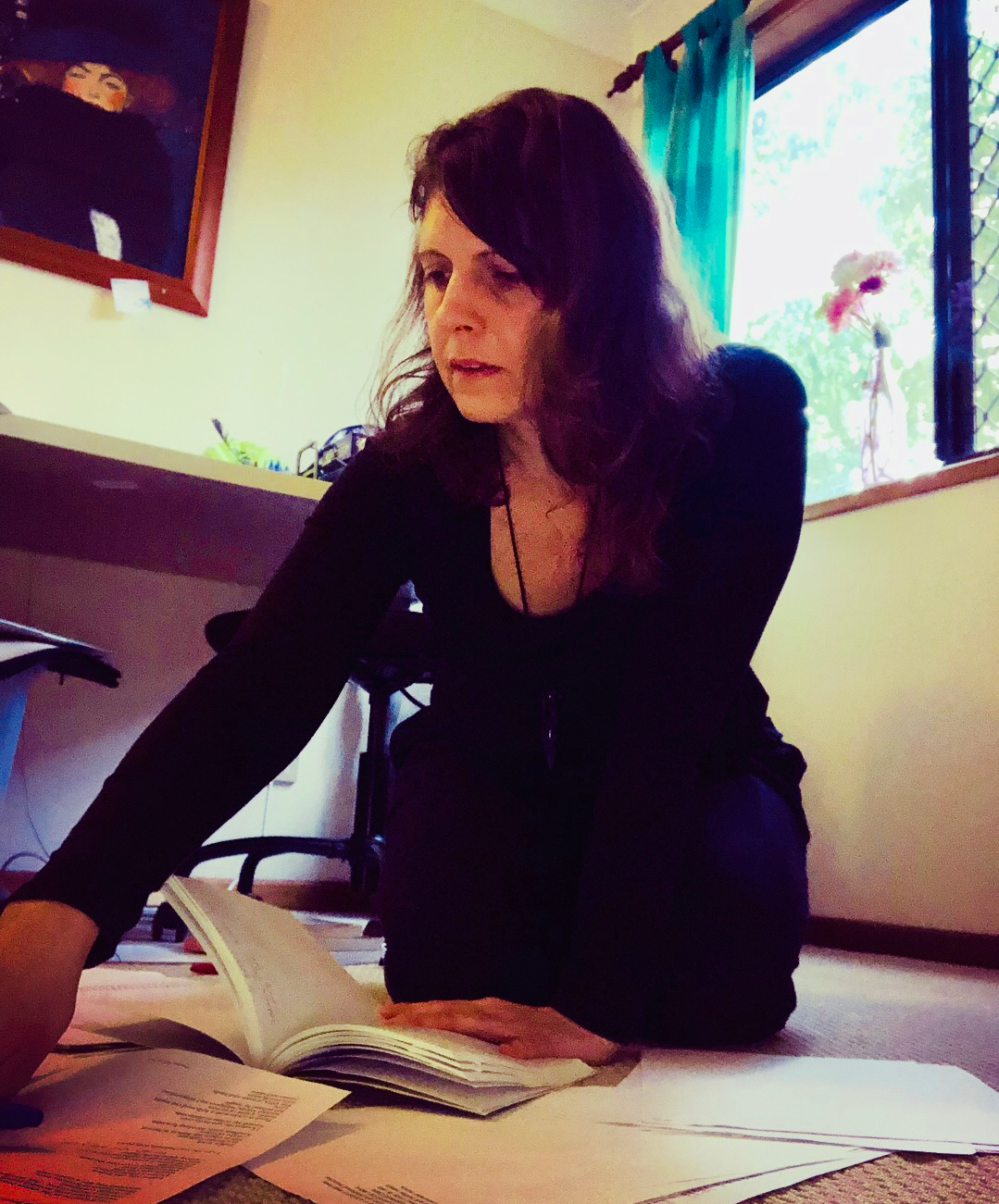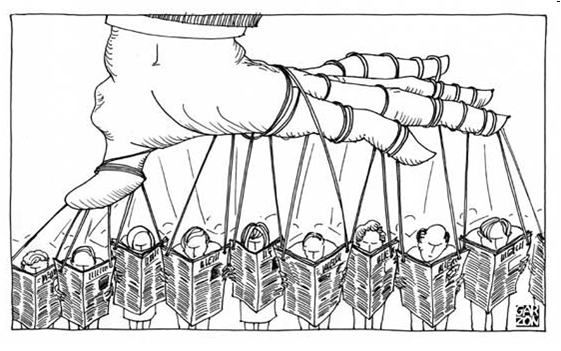
Archive: Writing Dream or Profession?
First Posted on October 28, 2014 by BGBOWERS

Are you gazing at a writing dream or fostering a writing career? That is today’s question…
If you’d asked me this question 17 months ago, when I started this blog and began my creative writing journey in earnest, I would have answered “a bit of both”. On the one hand, I believed that hard work and dedication would be key components for genuine progression and eventual success, but, on the other hand, I held a misconception; that passion and purpose (aka a ‘calling’) was enough of a sword to conquer the mythical beast that I perceived writing to be. Between you and me, there was a little part of me that entertained a fantasy whereby someone would stumble upon my work and ‘discover’ me, just like Charlize Theron was ‘discovered’ in a bank. Admitting that makes me smile at my own foolishness and naivety, but it also provides a yardstick by which to measure my progression over the last 17 months.
When I began blogging, writing was secondary to everything else. It wasn’t a part of my daily routine. Instead, I tried to fit it in when ‘I had the time’. 6 months in, I had an epiphany and realised that I’d been treating my writing dream like a one-night-stand versus a committed relationship (read that here). It was around that time that I started to change my habits and make writing a daily priority. I also buckled down and finished my first poetry book, which was a learning curve in itself that gradually led the way to my next realisation:
Writing is a career – just like any other career.
The problem is, we (writers) often fail to make the distinction between ‘writing dream’ and ‘writing career’. Pfft, semantics, you might argue. But, if you’re a writer, then you’ll understand the importance of word choice and how it can change meaning.
dream | driːm | (noun)
• a cherished aspiration, ambition, or ideal
• an unrealistic or self-deluding fantasy
The word ‘dream’ is unstable. It is uncertain. Elements of luck are at play. Unlike the word ‘profession’:
profession |prəˈfɛʃ(ə)n| (noun)
• a paid occupation, especially one that involves prolonged training and a formal qualification
This word is entirely different. It is certain, stable, something achievable if you work at it.
Could the obstacle to our writing progression be as simple as changing the words, and associated meaning, we use to describe our writing journeys?
If I look at my own situation, I would say “yes”. It certainly hasn’t been an overnight realisation or change. It’s closer aligned to writing itself; a work in progress. Initially, I did associate writing with a dream, and that association kept me in a comfortable state of dreaming about writing instead of actually writing. 17 months on, I have had dawning moments that have helped me dispel the myth of my writing dream. I have learnt to associate writing with a profession, or career. I have come to loathe the word ‘luck’. I understand the possibility of ‘right time right place’ in the future, but I am not reliant on it. I can only rely on myself.
Time is no longer an excuse; writing is the priority and everything else fits around that daily ritual – just like brushing my teeth, exercising, showering, feeding my children – these are not things that I choose not to do due to lack of time. These are sacred priorities that are never allowed to be disrupted. So it must be for writing, if it is to be my profession.
I have learnt a lot about writing over the last 17 months. It is evident in my answers to the opening question – then and now. 17 months ago I was gazing at my writing dream and not making headway. Today, I am taking steps toward fostering a writing career.
7 Steps toward fostering a writing career:
1. Call yourself a writer.
The first step is admitting that little fact to yourself, and then acknowledging it to the world at large (as humiliating as that may be if you have no writing credits to speak of).
2. Start writing.
A writing career is built one word at a time.
3. Change your mindset and Choose your words carefully.
If writing is associated with a dream, it is unlikely to go anywhere. If it’s associated with a career, it will require your active participation and progression will be inevitable.
4. Take responsibility for your writing by making a commitment to it.
When you take responsibility, you write consistently, because it is your priority. We must commit to writing as we would our daily jobs – just like we would never entertain the idea of not meeting a work deadline, or arriving for work late, or just not turning up to work – so it should be for writing. We must decide – are we committed to writing or not? It is that simple.
5. Writing, like any other career, requires professional development.
There are levels of experience and learning that one has to undertake and achieve in order to progress to the next level. Identify your strengths, identify your weaknesses, and take steps to bridge the learning gap.
6. Rejection or resistance?
Have you experienced rejections in your professional life i.e. your day job? You didn’t get a job you applied for and interviewed for? You didn’t get a promotion? I’m sure everyone has experienced some form of rejection in their professional lives, right? The question is, did it make you quit? Or stop going to work? I doubt it. Why? Because you’re committed to your job, committed to earning a living etc. So, why should writing be any different?
7. Approach
Whether we decide to take the traditional or Indie route is not the issue. Both approaches require the same commitment – we have to decide if we’re writing professionals or if writing is our hobby. Until we do that, we will never know what we are truly capable of.
You can’t build a reputation on what you’re going to do.
~ Henry FordShould you meet resistance, take comfort – it’s a great way to build muscle.
~ anonymous
Are you gazing at a writing dream or fostering a writing career? I’d love to hear your answers…




